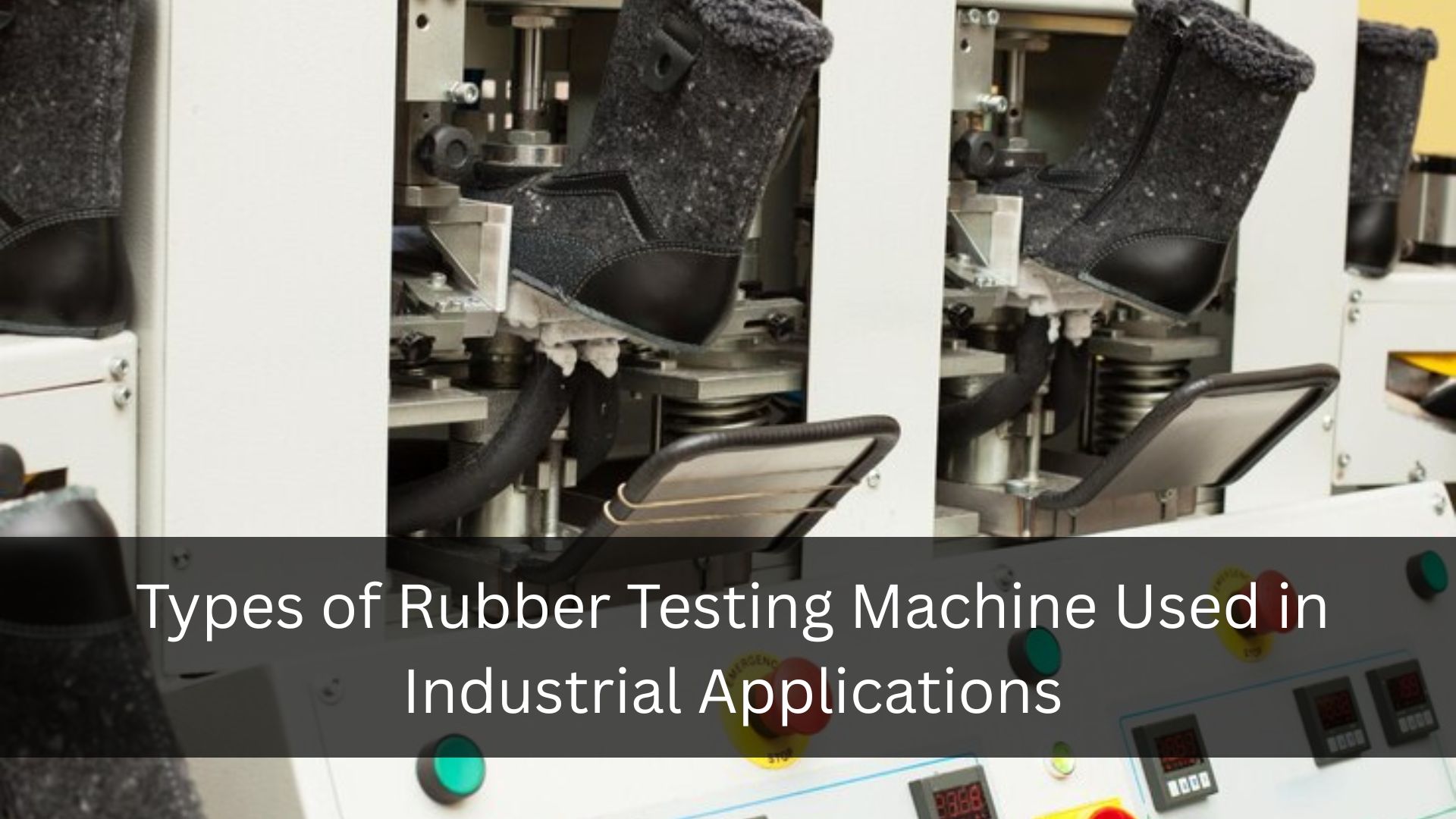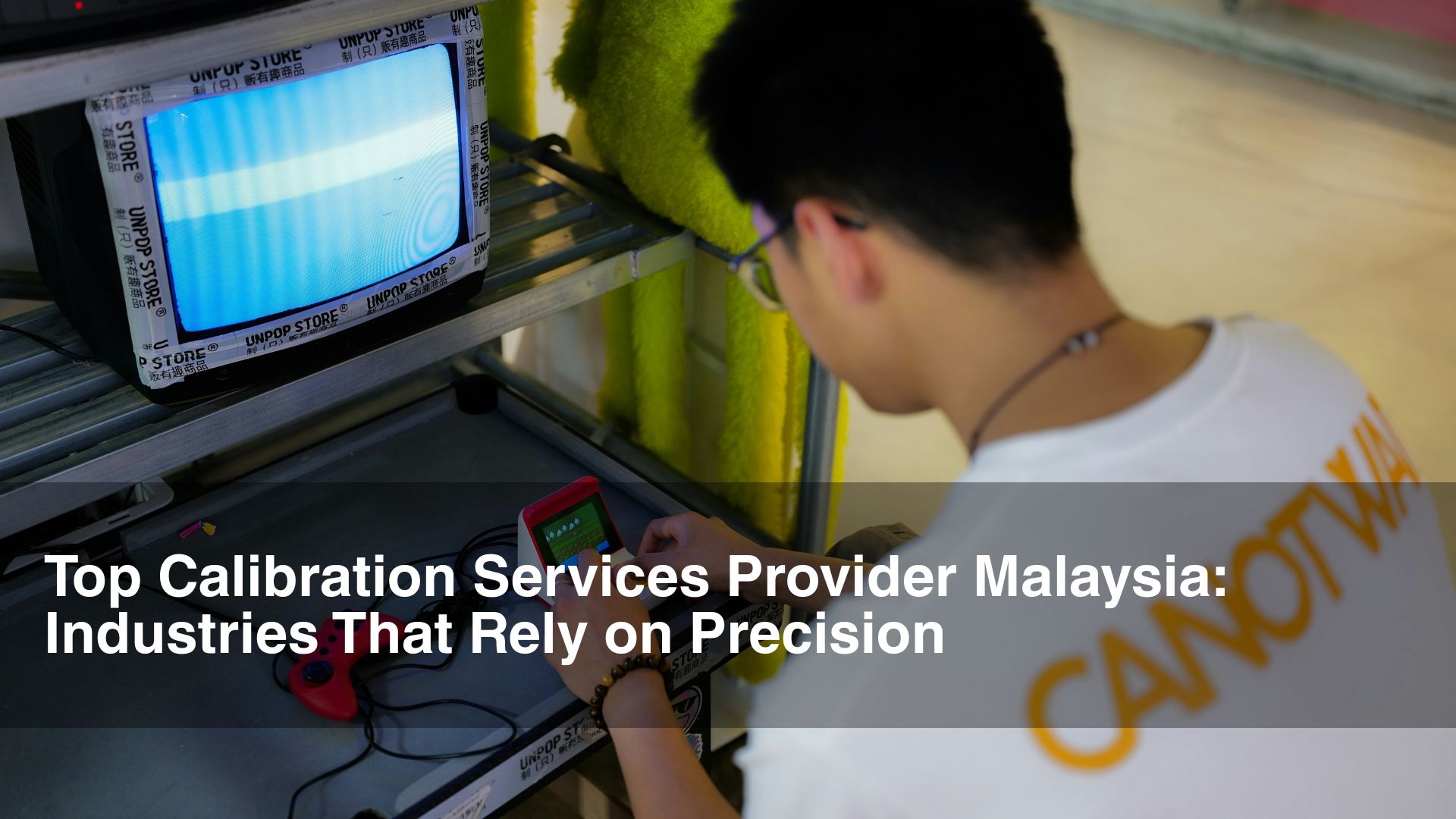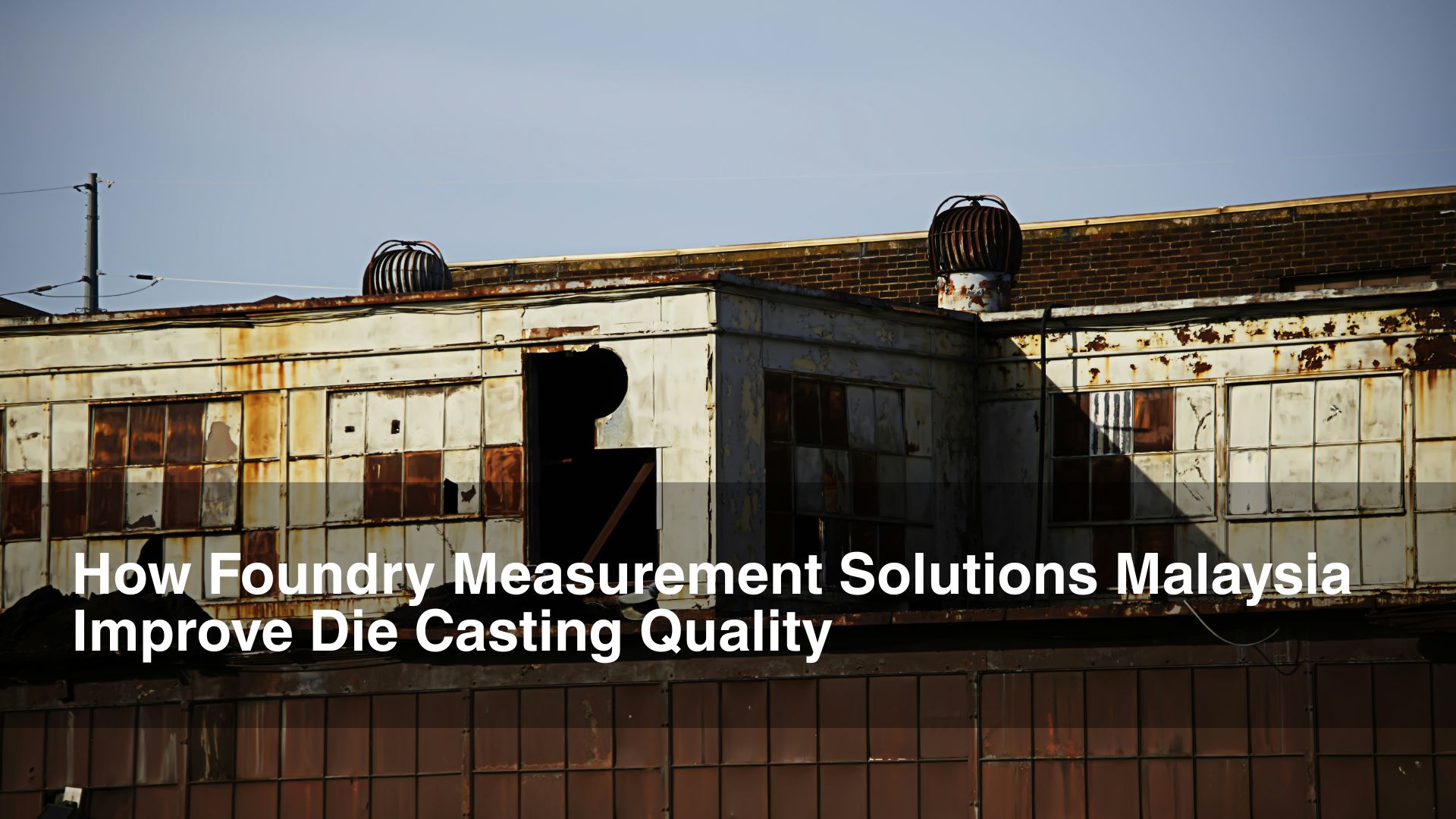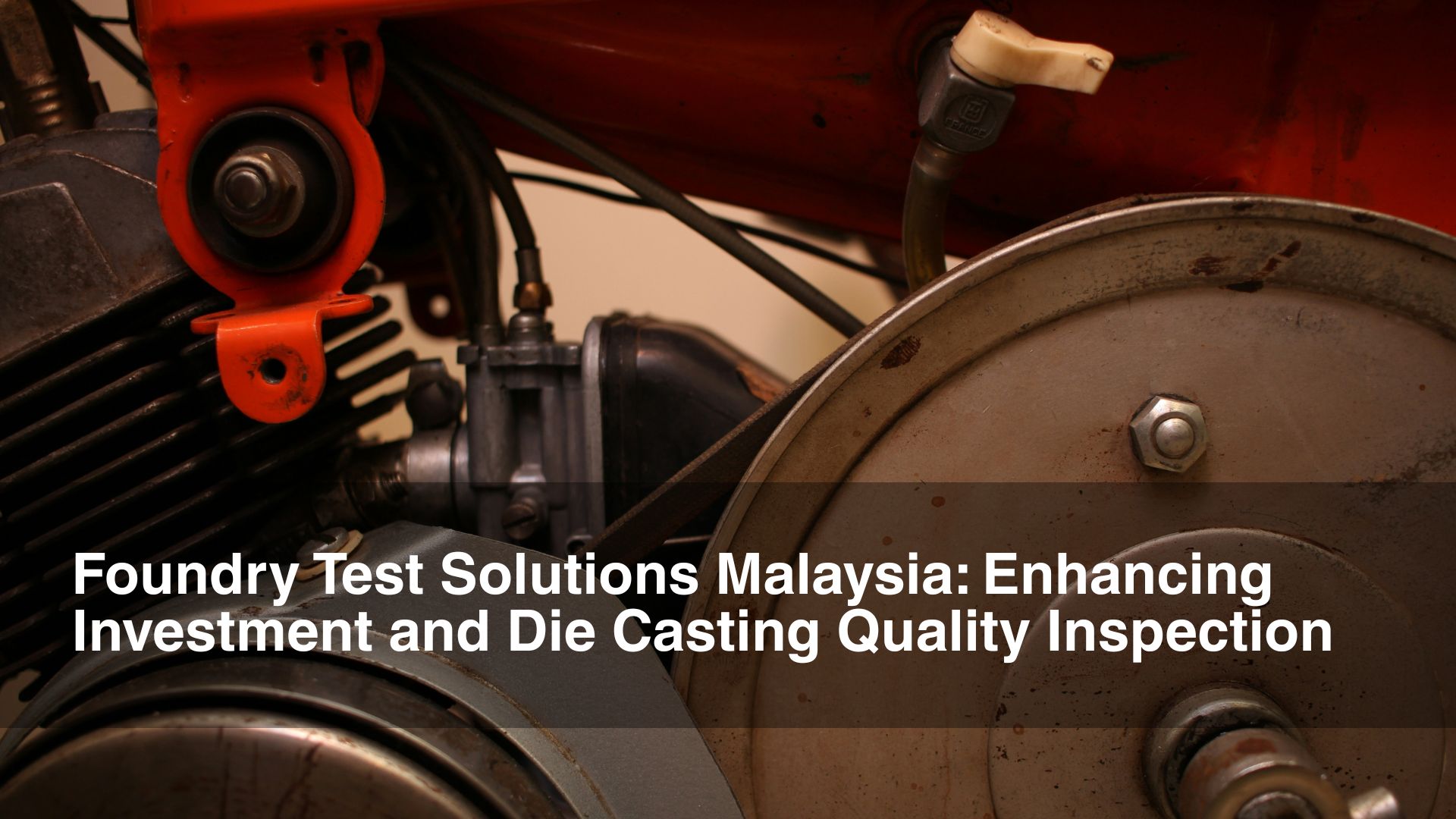Universal Rubber Testing Machine for Tensile and Compression Tests
One of the most widely used machines in rubber quality control is the Universal Rubber Testing Machine. It is primarily designed to evaluate tensile strength, elongation, and compression characteristics of rubber materials.
In industrial applications such as automotive tire manufacturing or rubber seals for mechanical parts, tensile strength indicates how much load a rubber sample can endure before breaking. The universal testing machine pulls the rubber specimen until it fails, capturing data such as maximum force, stretch percentage, and break point.
Compression testing is also crucial, especially for gaskets and rubber bushings, which must maintain their shape under pressure. A Rubber Testing Machine capable of dual tensile-compression modes is invaluable for industries where rubber is expected to stretch and compress repeatedly under operational stress.
Hardness Testing with a Rubber Testing Machine
The Rubber Testing Machine for hardness testing is designed to measure the resistance of rubber to indentation. The most common method is the Shore Durometer test, specifically Shore A for soft rubbers and Shore D for harder materials.
Industries like footwear, conveyor belts, and automotive interiors use hardness testing to evaluate wear resistance and comfort. For example, tire manufacturers must ensure the tread rubber maintains optimal hardness for traction and durability.
These machines provide instant, repeatable readings and are often portable for field inspections, but are also available in bench-top models for lab settings. Accurate hardness measurement helps ensure the rubber maintains its properties across production batches and meets client or regulatory requirements.
Abrasion Resistance Rubber Testing Machine for Durability Checks
Rubber products used in high-friction environments must withstand surface wear over time. An Abrasion Resistance Rubber Testing Machine helps simulate these conditions by applying controlled friction to a rubber sample and measuring the material loss.
Industrial applications for this test include:
- Conveyor belts in mining or packaging lines
- Shoe soles
- Tires and industrial wheels
- Rubberized flooring and protective coatings
Using an Abrasion Testing Machine, manufacturers can determine how long a product will last under repeated stress. This extends product lifespan and helps prevent early failure in real-world usage.
Rebound Resilience Testing with a Rubber Testing Machine
Rebound resilience is a measure of a rubber material’s ability to return to its original shape after deformation. A Rubber Testing Machine designed for rebound testing drops a plunger or ball onto the rubber surface and measures the height of the bounce.
This property is particularly important in industries like:
- Sports equipment (e.g., rubber balls, running shoes)
- Vibration isolation mounts
- Shock absorbers and bushings
Rebound resilience testing helps optimize performance where energy return and flexibility are critical. The Rubber Testing Machine provides repeatable, accurate assessments of elasticity, guiding material selection and formulation improvements.
Flex Testing with a Rubber Testing Machine for Fatigue Analysis
Many rubber components are subjected to continuous flexing and bending in real-world applications. A Flex Testing Rubber Testing Machine replicates this repetitive motion to evaluate fatigue resistance and identify when cracks or breakdowns begin to form.
This is essential for industries such as:
- Automotive (hoses, engine mounts)
- Medical (flexible tubing)
- Industrial sealing systems
Flex testing provides long-term durability data, allowing engineers to predict the lifespan of rubber components and make necessary adjustments before mass production.
Aging/Oven Testing in a Rubber Testing Machine
Thermal stability is another vital property for rubber materials, especially those exposed to high temperatures over time. An Aging Oven Rubber Testing Machine subjects samples to prolonged heat exposure under controlled conditions to simulate long-term aging.
Aging tests are common in:
- Automotive (under-hood components)
- Electrical insulation
- Oil and gas applications (pipeline seals)
- Aerospace and defense materials
This Rubber Testing Machine helps manufacturers evaluate how heat affects the rubber’s hardness, elasticity, color, and tensile strength. These insights are critical for selecting materials suitable for harsh environments.
Rheometer and Mooney Viscometer Rubber Testing Machine
Understanding the flow and curing behavior of rubber is essential for production and processing. A Rubber Rheometer or Mooney Viscometer Rubber Testing Machine measures the viscosity, scorch time, and cure characteristics of uncured rubber compounds.
These machines are primarily used in:
- Rubber compounding
- Quality control during batch processing
- R&D for new rubber formulations
By analyzing the rheological properties of rubber, manufacturers can control the mixing, extrusion, and molding processes more precisely. This ensures consistency in product quality and optimizes cycle times on the production line.
Density Measurement Rubber Testing Machine
The density of rubber influences its weight, strength, and application suitability. A Rubber Testing Machine for density testing determines mass per unit volume, which helps identify formulation errors or inconsistencies.
Common in foam rubber, tires, and insulation products, density testing ensures the material delivers the right balance between weight and mechanical performance. It’s also critical for ensuring cost-efficiency, as excess material usage can be minimized without compromising quality.
Tear Strength Testing Using a Rubber Testing Machine
Tear resistance determines how well a rubber material resists propagation of cuts or notches. A Rubber Testing Machine for tear strength testing pulls a pre-cut rubber specimen to measure how easily the tear expands.
This test is vital for applications like:
- Protective clothing and gloves
- Rubber membranes and liners
- Seals and gaskets exposed to mechanical stress
Tear strength testing ensures the durability and reliability of products in challenging operating conditions.
Benefits of Using a Rubber Testing Machine in Industrial Applications
Each Rubber Testing Machine type offers a unique advantage depending on the application, but collectively, these machines bring immense value to industrial manufacturing:
- Improved Quality Control: Detects flaws early in the production process.
- Cost Savings: Reduces product recalls, replacements, and material waste.
- Enhanced Product Performance: Ensures materials meet design expectations.
- Compliance Assurance: Helps satisfy ASTM, ISO, and other industry standards.
- Faster R&D Cycles: Enables rapid testing and validation of new materials.
By incorporating the right mix of rubber testing equipment, manufacturers can confidently produce durable, reliable, and compliant rubber products.
Conclusion: Choosing the Right Rubber Testing Machine for Your Industry
Rubber components must meet precise performance standards to succeed in demanding industrial environments. Selecting the right Rubber Testing Machine ensures that materials are thoroughly evaluated for strength, flexibility, resistance, and stability before they are approved for use.
Whether your focus is automotive durability, consumer safety, or environmental resilience, there’s a specialized Rubber Testing Machine suited to your exact needs. As manufacturing evolves and quality demands grow, investing in comprehensive rubber testing is no longer a luxury—it’s a necessity for success.











